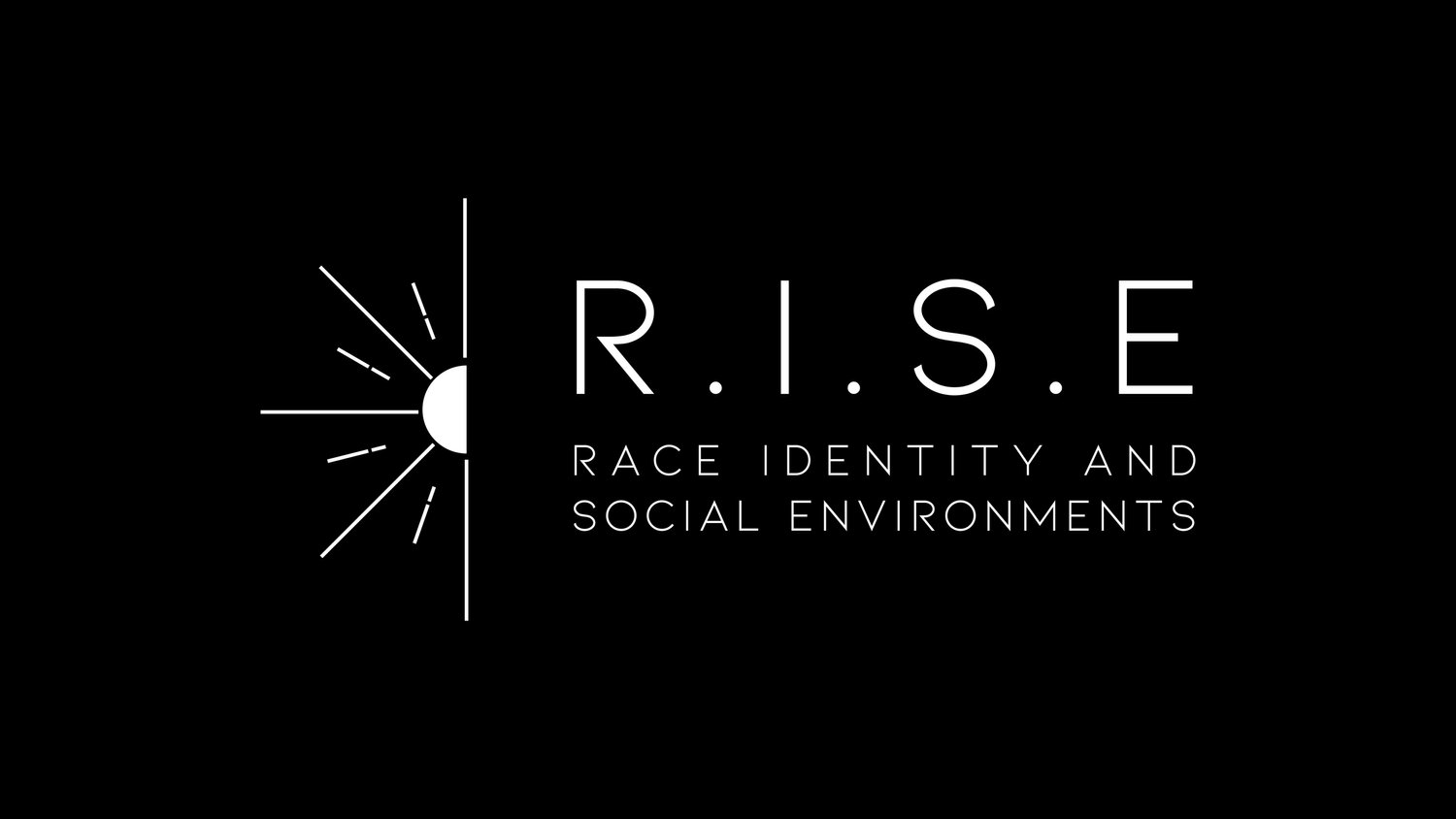We are not recruiting new graduate students this year.
The R.I.S.E Lab researches group inequality at the intersection of people’s preferences and perception.
We study:
Preferences for group inequality
How do people differ in their preferences for group inequality? Historically, psychological research has focused on understanding the attitudes of majority group members, and how they impact minority group members. Our lab takes a different approach: we analyze minority group members’ preferences for group inequality and how this impacts their attitudes towards 1) majority groups, 2) their own minority group, 3) other minority groups, and 4) social institutions.
Perceptions of group inequality
How does a person’s perception of their social environment maintain and legitimize inequalities between groups? Our lab examines how people ascribe meaning to group differences in outcomes such as algorithmic bias, standardized assessment scores, and performance evaluations. Decisions derived from each of these methods can impact bail decisions, health diagnoses, promotions, or justify tracking individuals toward exclusive opportunities. We investigate how both decision algorithms and performance assessments can become biased, as well as systematic patterns in people’s narratives about standardized tests and what they can tell us about inequality.
